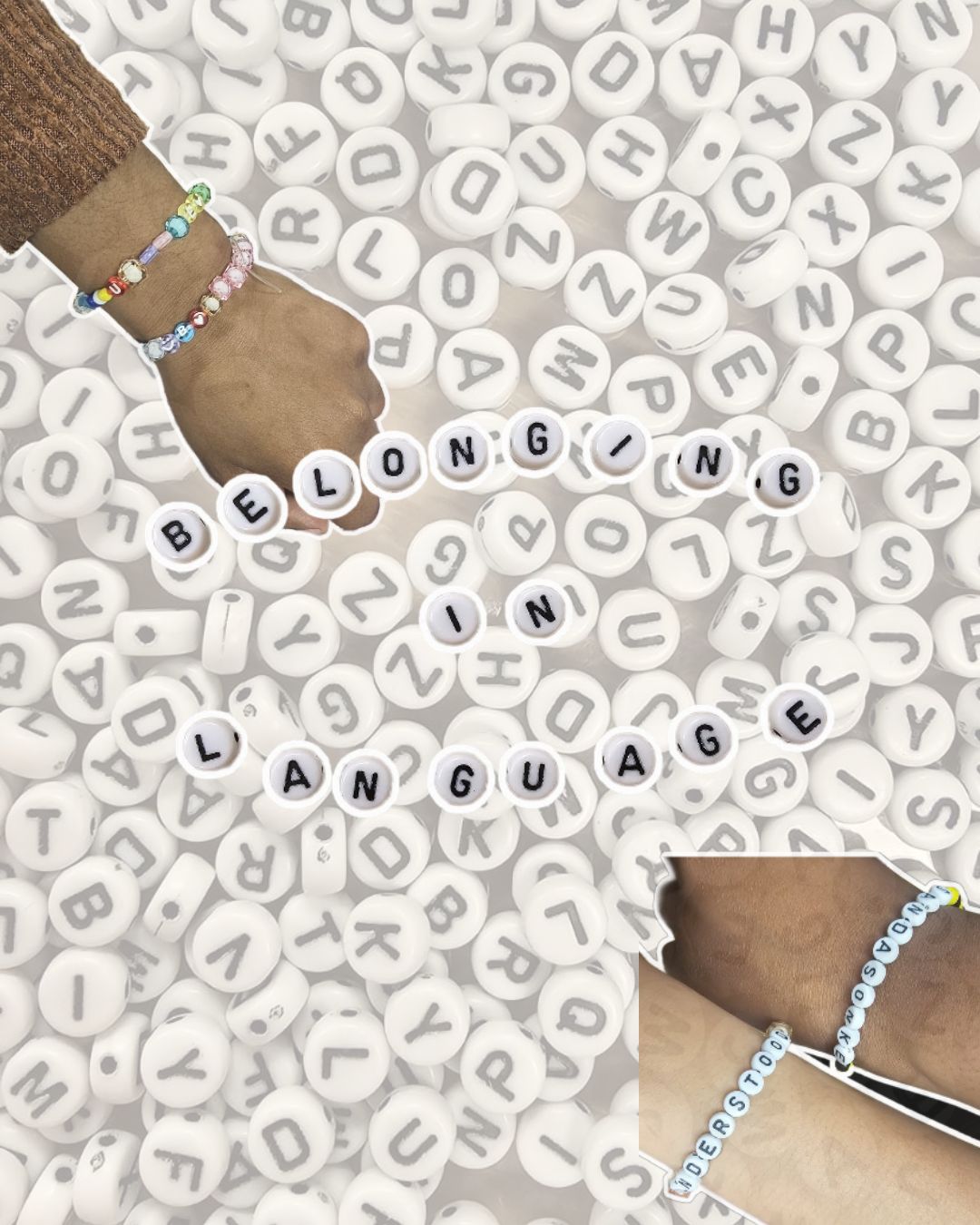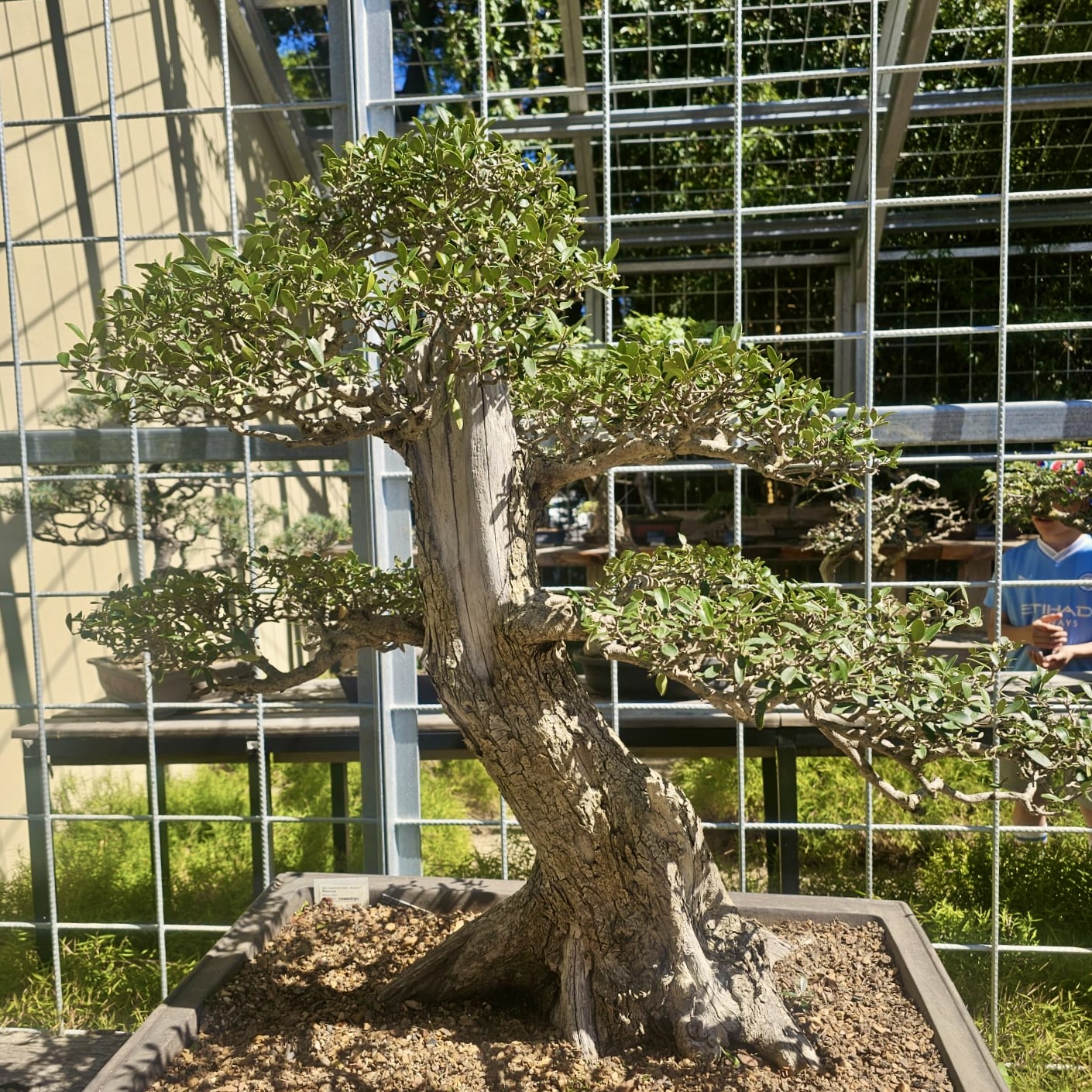Stellenbosch University (SU) has always been a popular choice for further studies amongst international students and, more specifically, Germans. Die Matie interviewed a German lecturer and student to find out about their experiences at SU and how Maties “gees” differs from German campus culture.

One of the new lecturers at SU for first through third year German Literature is Mr Lukas Valtin, who moved to South Africa two weeks before the beginning of the semester. Mr Valtin previously worked with exchange students and foreign language students at different universities like the Humboldt University in Berlin, or at UNICAMP in Campinas, Brazil.
He explains that the structure of German universities differs greatly from SU. “The biggest thing at the moment is the schedule. At German universities it is usually 90 minute [classes] and then you have this half hour block between. So you really have more time developing a topic, introducing some grammar and actually doing some exercises,” said Mr Valtin.
In terms of campus life, he finds the culture to be really welcoming and a great way for students to meet new people. In Germany, however, everything is a lot more anonymous. Outside of university life, Mr Valtin is enjoying “the most European town in South Africa,” with its nice weather and fantastic views.
Lilja Flohr is a first year BA (Philosophy, Politics and Economics) student. She moved to South Africa two weeks before the semester started, after being here on vacation back in 2023 which, according to Flohr, was “love at first sight”.
She lives in Monica Ladies’ residence, which allowed her to make friends quickly. There was an established social environment, thanks to her mentors and housemother.
According to Flohr, there are no residences at German universities. Students are being offered dormitories, but those are state-run and only indirectly belong to the university. The biggest standout is the sense of community. At SU, residences are more than just a place to live.
“The Monicaners have already become my family and I identify completely with the blue colour and the mascot of my new home – the power of “gees” is undeniable,” said Flohr.
For Flohr, this connection was made during welcoming week, which was a nice surprise for her. She says that welcoming in Germany mostly consists of a single evening of bar-hopping around town. She could have never imagined a Dream Walk, Vensters, or even socialising with other residences. Mr Valtin also stated that it felt like something out of American culture and films.
According to Flohr, students in Germany come to university and as soon as the lectures are over, they all go off on their own.

“When I studied a couple of months at the University of Cologne before coming here, I never felt this intense sense of community. You need to create your own opportunities to get to know people. The universities themselves make no effort to build a sense of community amongst the students. This can be especially difficult for first years living in a foreign city, away from home,“ said Flohr.
What is unthinkable in Germany is almost expected of universities here. According to Flohr and Mr Valtin, German universities can really take inspiration from SU. Instead of just seeing university as a place for learning and further education, the communal aspect of campus life is important. The sense of community that is conveyed in SU could definitely make the start of this new phase of life easier for many first year students in Germany.
By Jana Burger



